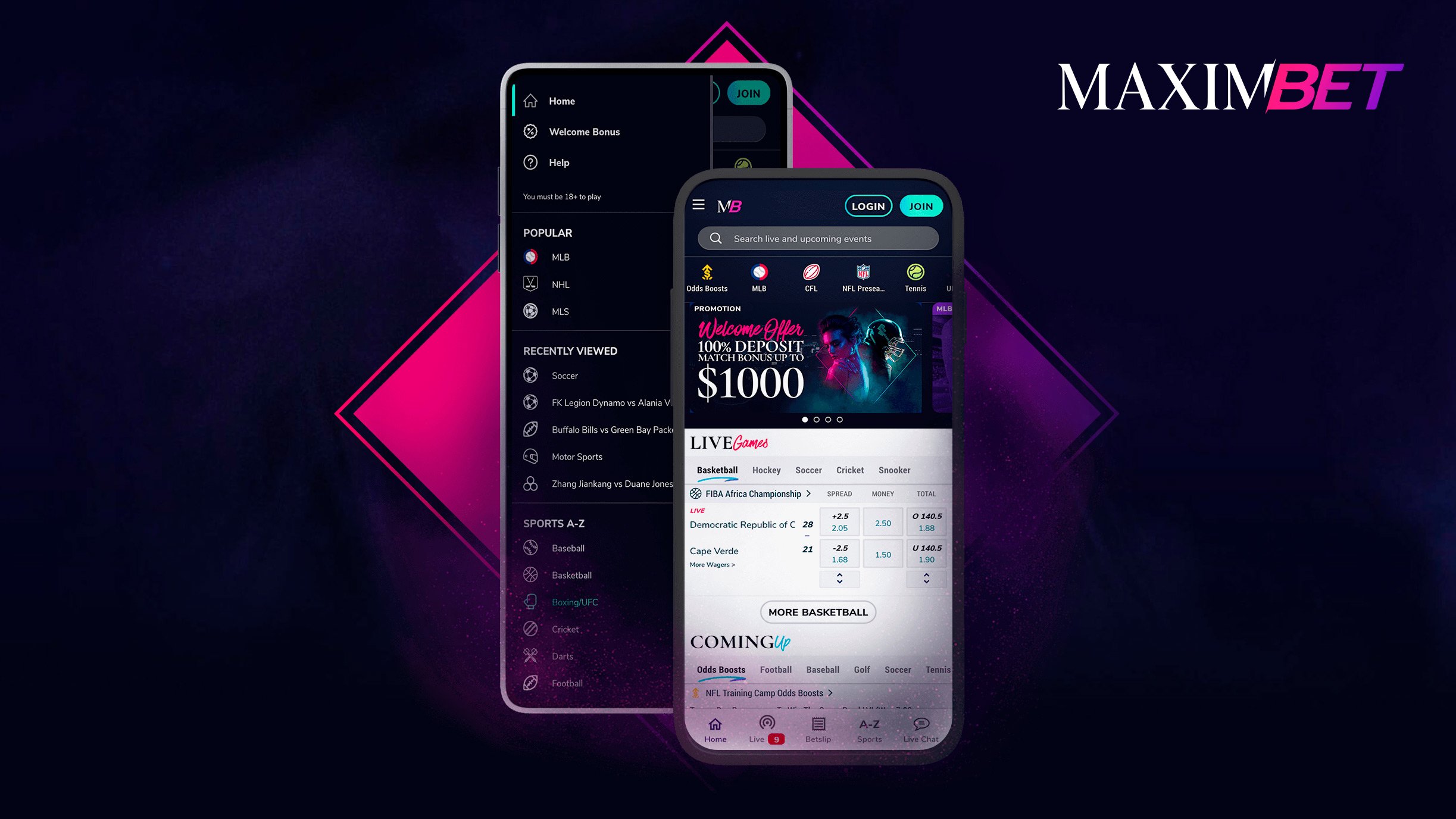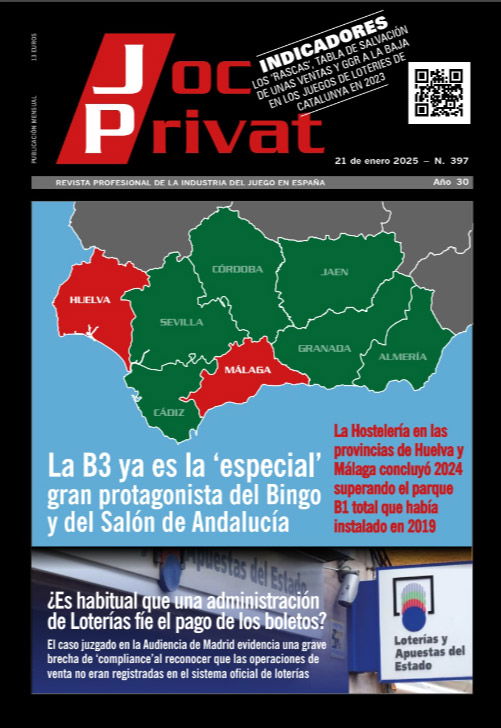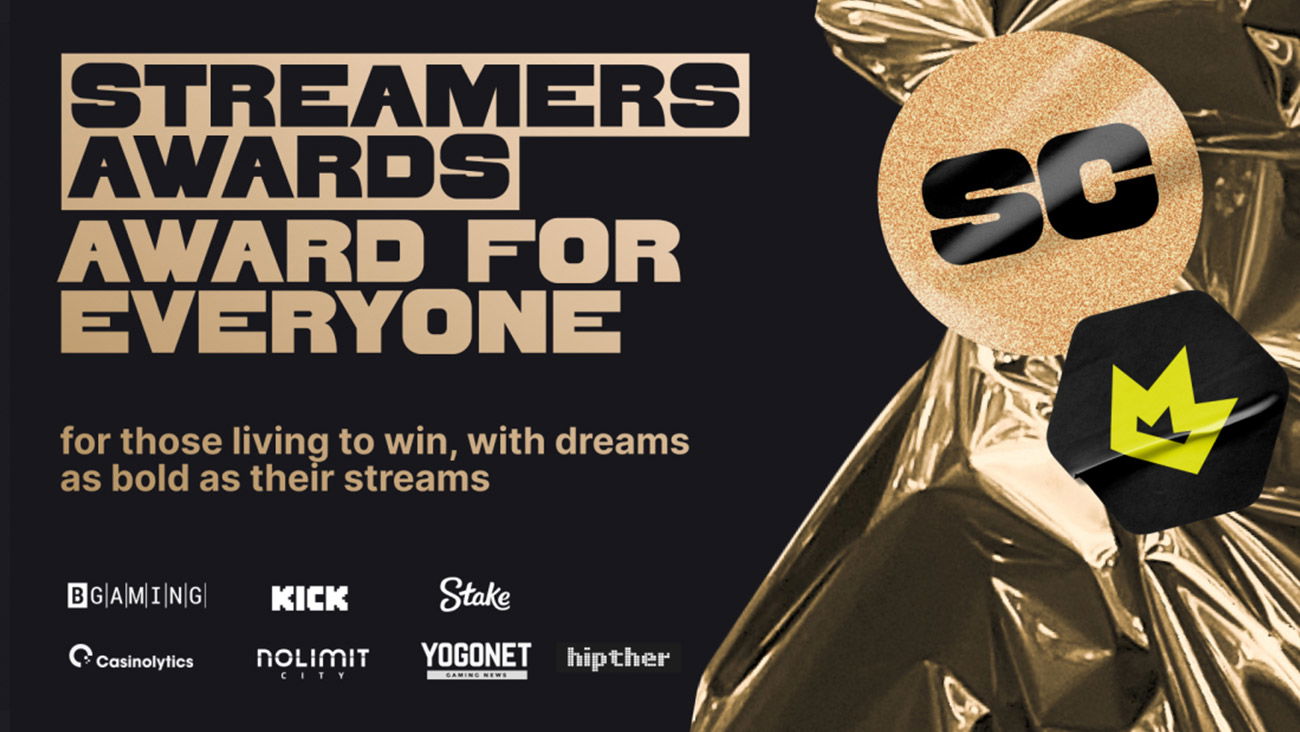MaximBet closes sports betting operations citing "challenging" macroeconomic conditions

MaximBet has closed its sports betting operations, the sportsbook announced on Wednesday. The brand is no longer accepting deposits or wagers, and customers have until Thursday, December 12, to withdraw any deposited balances. MaximBet now becomes the latest US sportsbook to shut down its business amid mounting costs and unfavorable market conditions.
“With regret, we’re informing customers that MaximBet is ceasing operations,” the sportsbook said. “Our priority now, in consultation with state regulators, is to wind down operations and help customers withdraw their funds and close accounts.” At the time of closure, MaximBet was active in Colorado and Indiana.
The sportsbook was owned by Carousel Group in partnership with men’s lifestyle publication Maxim magazine. According to a statement, “challenging macroeconomic conditions” and an increasingly cost-prohibitive marketplace accelerated the decision to close operations. The brand launched in 2021 “with a desire to bring sports, entertainment and betting together, all inside a lifestyle brand.”
The company had faced delays in launching its new tech stack. While announced in January, it didn’t debut until September. Moreover, the sportsbook also struggled to differentiate itself from the competence in a market dominated by other operators with more tolerance for losses.
IMPORTANT MAXIMBET NEWS
— MaximBet (@MaximBetUSA) November 17, 2022
With regret, we’re informing customers that MaximBet is ceasing operations. Our priority now, in consultation with state regulators, is to wind down operations and help customers withdraw their funds and close accounts. More info: https://t.co/8QzwUOn256. pic.twitter.com/WERYlT1u3s
“Our ability as an early-stage company to compete in a market where operating costs far exceed revenue, even among the top operators, is not sustainable,” the company said. It thus becomes the latest sportsbook to exit the US market shortly after launching. Last month, FuboTV announced it was shuttering its Fubo Gaming division after less than 12 months.
Fubo Gaming, which had secured a number of major sports sponsorships throughout its short existence, ceased operations effective immediately after a strategic review of the product, also citing a “challenging” financial market. The New York Jets, with whom the brand had partnered, are taking the company to court over money the franchise says it is still owed. Before closing operations, Fubo Gaming had attempted to find a suitable partner for its sportsbook.
Unlike Fubo, MaximBet secured a much smaller sports sponsorship portfolio in its short lifespan. However, it had the backing of pop star Nicki Minaj, an investor and spokeswoman for the brand. MaximBet had also an ambassador deal with All-Star outfielder Charlie Blackmon, making the Colorado Rockies outfielder the first active MLB player to promote a sportsbook.
Fubo Sportsbook also recently closed operations
MaximBet entered the market through Colorado and did not launch in Indiana, its second state, until September 30. According to data from the state regulator, the sportsbook reported a $397,012 handle for October, less than 1% of the $446.2 million handle the 28 retail sportsbooks and online apps active in Indiana reported. The company’s gross receipts totaled $43,928. The brand had plans to expand to more states in the future.
It has been a complicated year for sports betting operators in the US. In addition to MaximBet and Fubo Gaming’s closures, this year also saw Kindred Group announce that its Unibet division would pull out of online sports betting in Iowa, with a new focus on markets that allow both sports wagering and iGaming. Earlier than that, Churchill Downs announced it would shut down its TwinSpires sports betting apps to allow the division to focus on horse racing wagering.
Going forward, more operators could close shop in the coming months as the cost to acquire customers remains high and the chances of making a profit are elusive. Companies are having a hard time surviving in what is a generally low-margin business, coupled with the US market’s state-by-state nature, and other unfavorable conditions.


















































